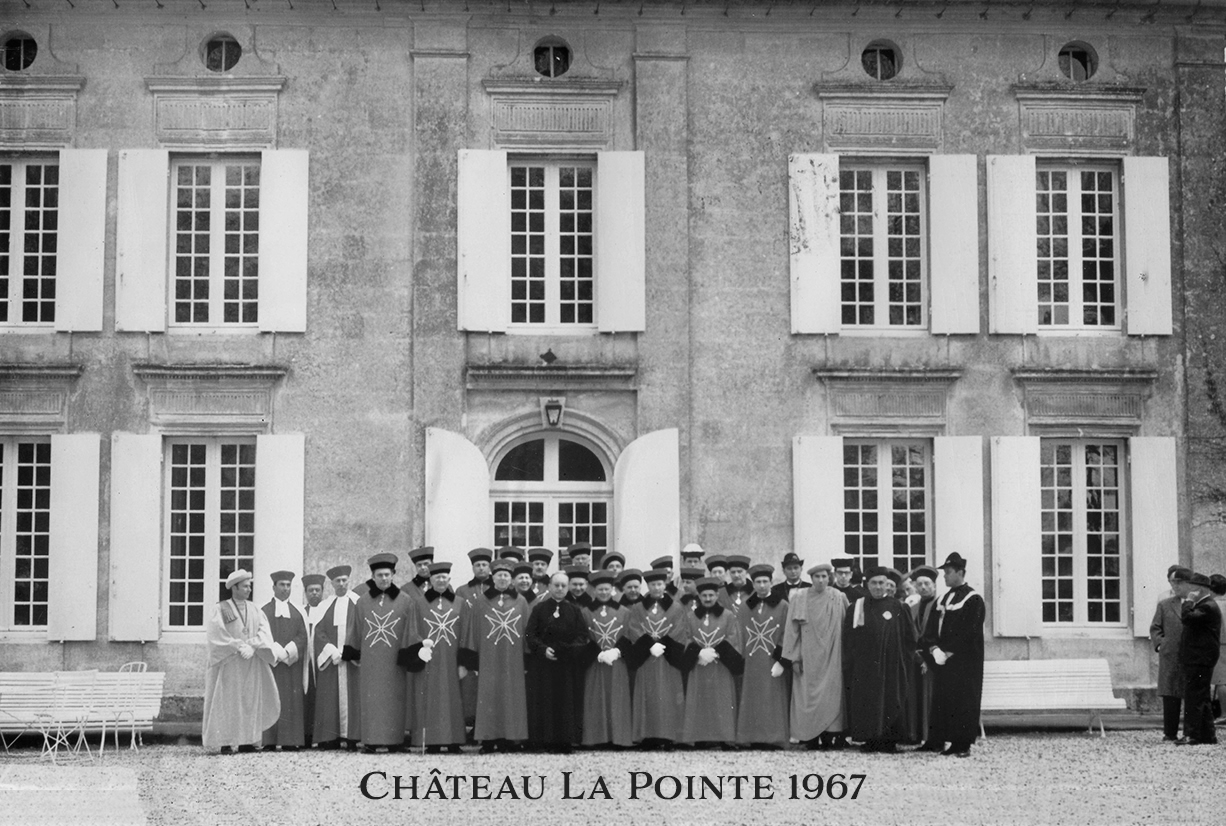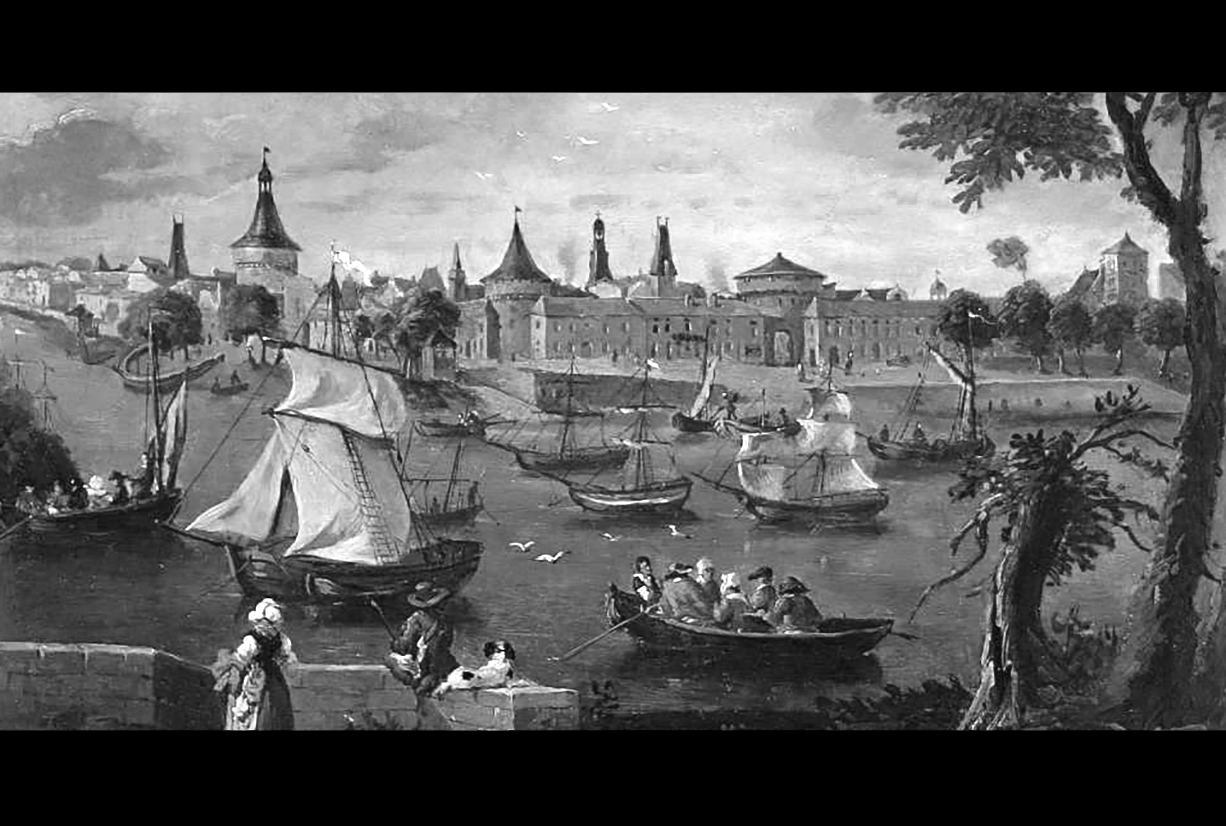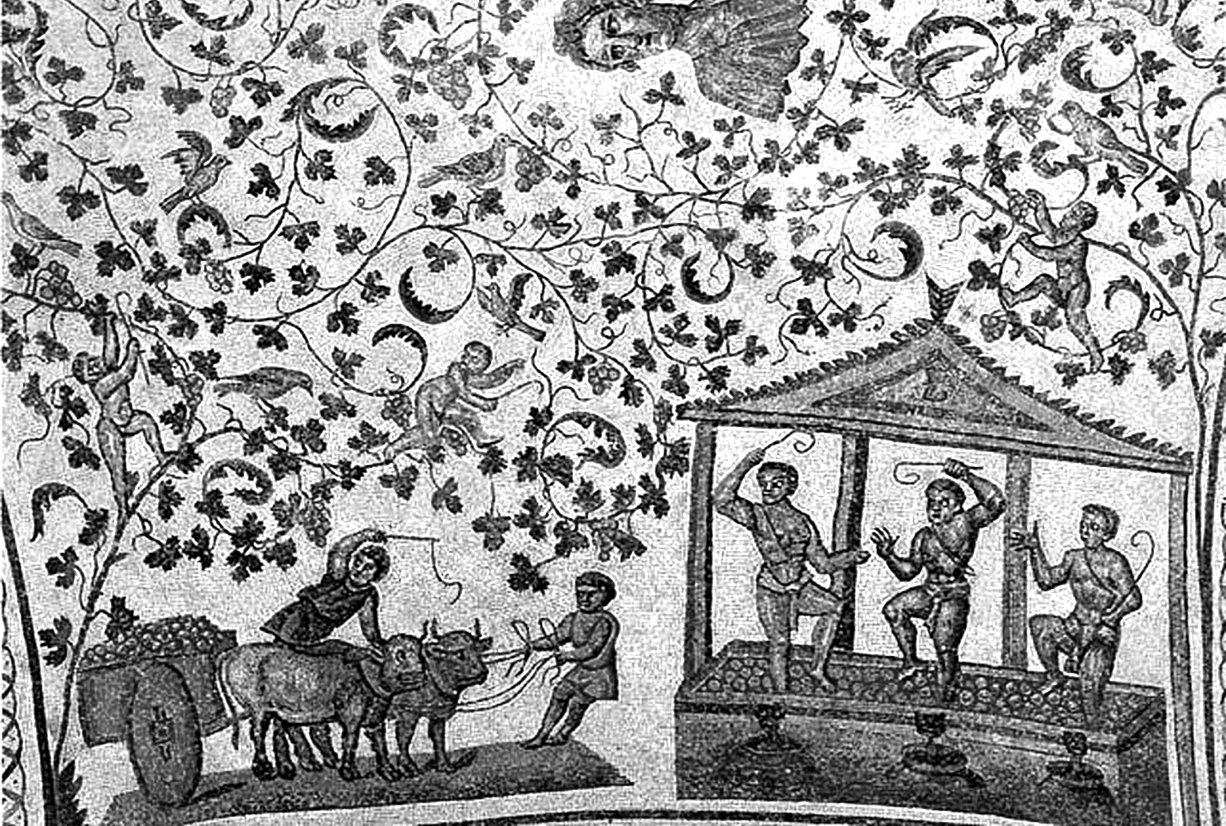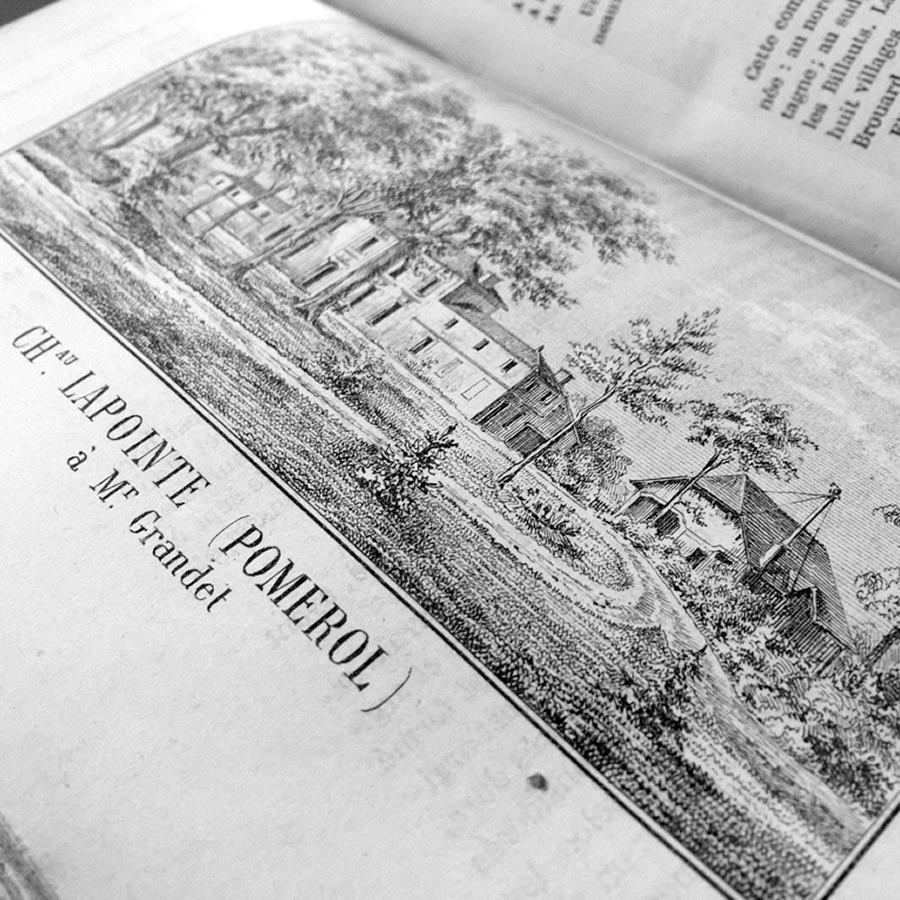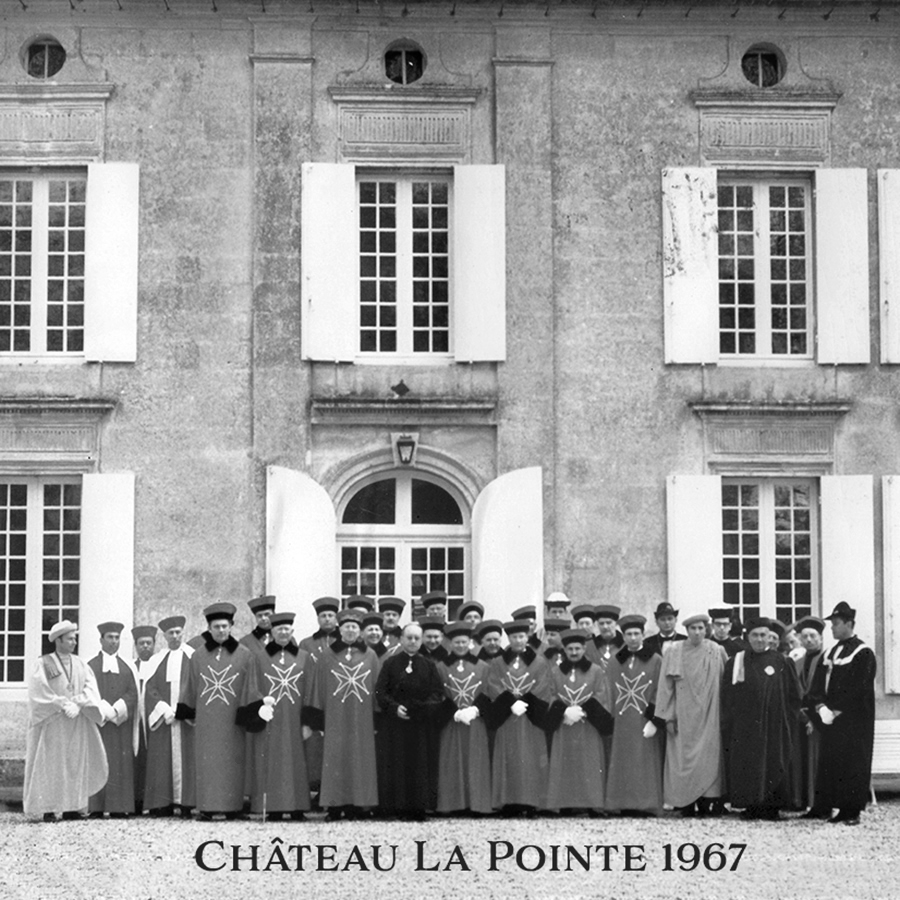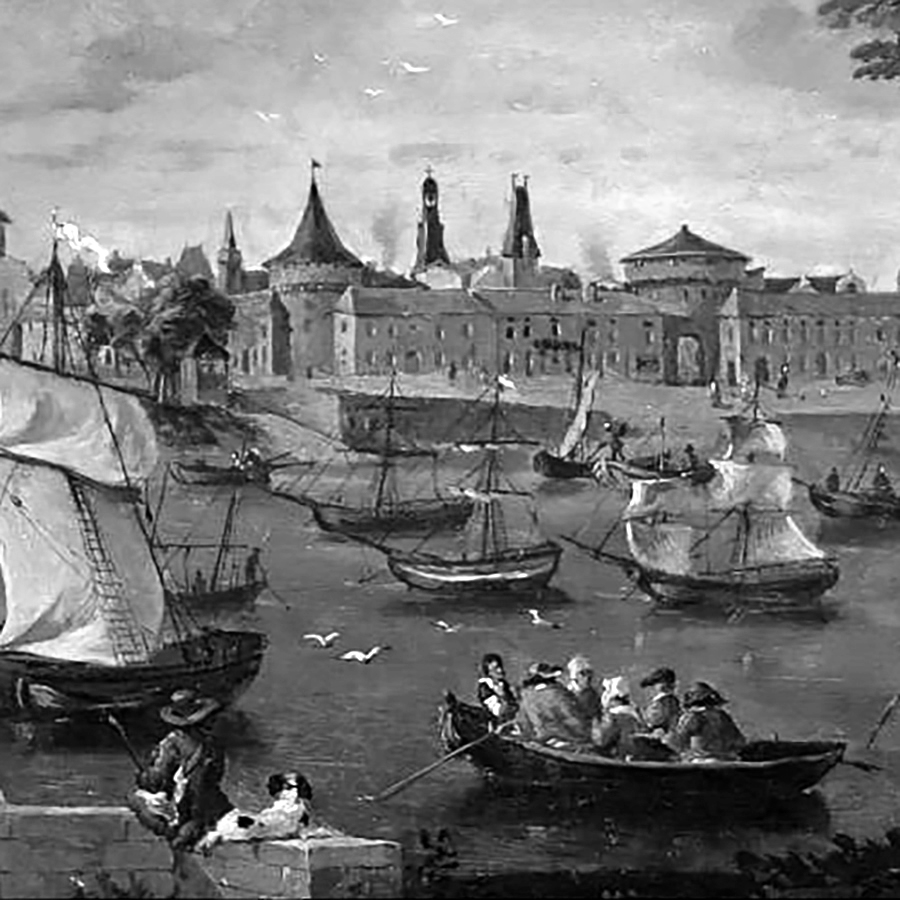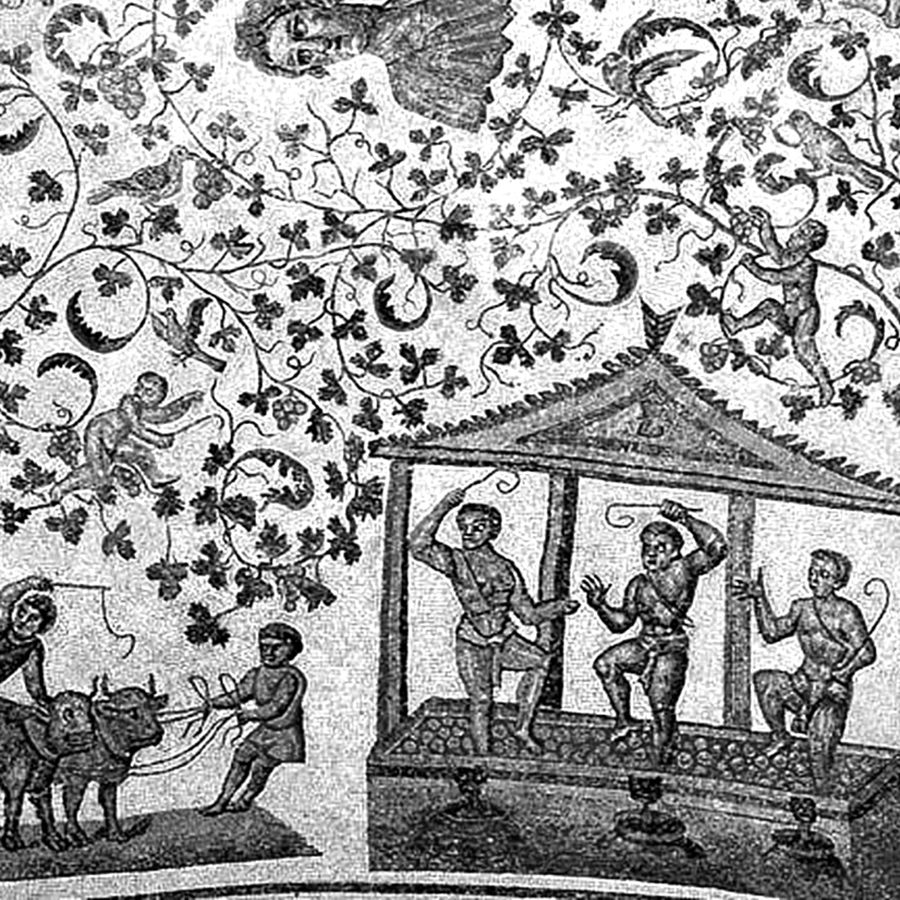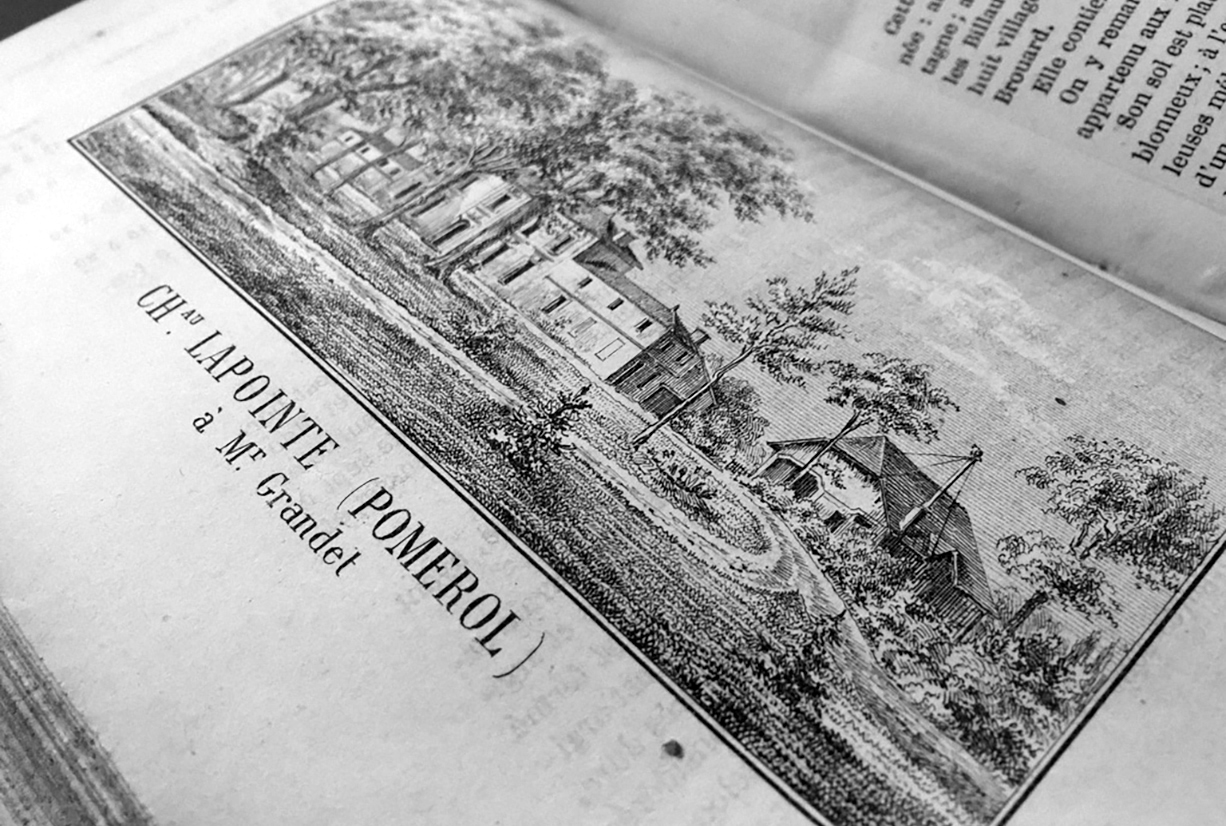


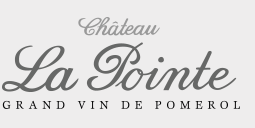

Returning to former prestige
The famous “ Cocks & Féret” Bordeaux wine guide is considered a reference to this day. The 1868 edition positioned Château La Pointe alongside Beauregard, Clinet, La Conseillante, L’Evangile, Gazin, Nénin, Petit Village, Rouget and Trotanoy. To quote: “(after) great improvements in this vineyard (…) its wines, previously considered second growths, have been selling as first growths for almost the last ten years.”
At that time La Pointe already boasted 23 hectares, and thanks to its splendid Directoire-style mansion was one of the first in Pomerol to be allowed to use the name “Château”. This special status has always contributed to positioning the property among the most important of the appellation. Records show that the property received awards as early as 1882 with a silver medal at the Exhibition of Bordeaux, as well as at the Universal Exhibition of Amsterdam in 1883.
Our estate has always produced quality wines, even if wine professionals consider that the “Beauty” was perhaps “Sleeping” for a while. Then in 2007 a change of ownership breathed a new energy into this historic domain, enabling it to express all the potential of its vineyard and re-establish its former prestige.
Fermer

The Pomerol hospitallers, a secular tradition
The banner of Pomerol wines is traditionally carried by the Hospitallers (‘Les Hospitaliers de Pomerol’), members of a wine brotherhood whose origin goes back to the Middle Ages. Medieval archives show that a hospice, founded in the twelfth century in Pomerol, along the pilgrimage route to Santiago de Compostela, invited visitors to partake of the “therapeutic” virtues of Pomerol wines.
The Pomerol Hospitallers still proudly wear their red tunic bearing the Maltese cross and the scallop shell (symbol of the Apostle Saint James the Greater), fervently perpetuating the appellation’s tradition of hospitality. They are the cultural ambassadors of our heritage.
Fermer

Pomerol, confluence of the Isle and the Dordogne rivers
Pomerol’s location, with the proximity to the river port of Libourne, offering easy access to the Atlantic ocean, was certainly determinant in the economic development of the vineyards. From one century to the next, thanks to the dynamic activity of the Bordeaux wine merchants, barrels, and later bottles, were exported, mainly to England and Northern Europe, but also to more distant countries all over the world. The excellent reputation of Pomerol wines was established many years ago, and well beyond the French borders.
Many grand noble houses throning on the region’s winegrowing estates were witness to these successive golden ages. This was certainly the case of Château La Pointe’s own Directoire-style mansion, a timely symbol of the wine’s growing commercial success during that period.
Fermer

Wine Culture and Civilisation
The first signs of winegrowing in the Libourne area date back to the first centuries of our era. The ruins of the famous poet Ausone’s villa that can be seen a few kilometres from Pomerol remind us that the vines have always been present in our region. True foundation stones of our civilisation, the vineyards, and the wines produced from them, have shaped our landscape and our culture over the centuries. We are the keepers of this tradition and tell its story through our wines, the quality and character of which constantly renew the opportunities to enjoy and share.
Fermer
